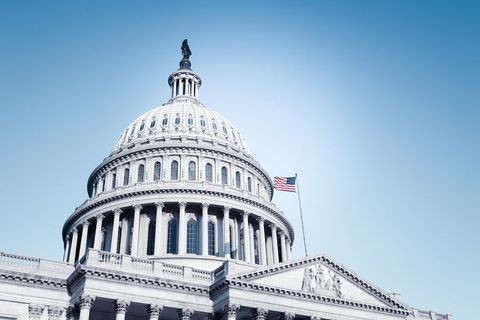Paul Freeman
Overview
Paul Freeman is a partner in Crowell & Moring’s New York office and a member of the firm’s Environment and Natural Resources and Government Contracts groups. He brings two decades of diverse experience advising clients in the energy, maritime, and aerospace and defense industries on a range of issues, with a primary emphasis on matters involving enforcement defense, litigation, and risk management.
Career & Education
- Environmental Protection Agency
Office of General Counsel Honors Program, 1997
- Environmental Protection Agency
- Vermont Law School, M.S.E.L., cum laude, 2001
- Vermont Law School, J.D., 1998
- St. Lawrence University, B.A., cum laude, 1995
- New York
- Connecticut
- District of Columbia
- U.S. District Court for the Eastern District of New York
- U.S. District Court for the Southern District of New York
- U.S. District Court for the District of Connecticut
Paul's Insights
Speaking Engagement | 05.22.25
Client Alert | 2 min read | 05.19.25
Client Alert | 3 min read | 05.16.25
Recognition
- Law360: Practice Group of the Year – Government Contracts, 2019
Paul's Insights
Speaking Engagement | 05.22.25
Client Alert | 2 min read | 05.19.25
Client Alert | 3 min read | 05.16.25
Insights
Zero-Emission Vehicle Transition For Federal Fleets: A Practical Discussion
|05.20.22
National Law Journal
Biden Administration to Use Purchasing Power for Climate Change, Clean Energy Goals
|12.22.20
Bloomberg Law
Government Contracts – A Secure Supply Chain Is a Competitive Advantage
|02.26.20
Crowell & Moring's Regulatory Forecast 2020
Biden’s Environmental Justice Push and Its Impact on Retailers’ ESG Considerations
|05.26.21
Crowell & Moring’s Retail & Consumer Products Law Observer
Practices
Industries
Paul's Insights
Speaking Engagement | 05.22.25
Client Alert | 2 min read | 05.19.25
Client Alert | 3 min read | 05.16.25






